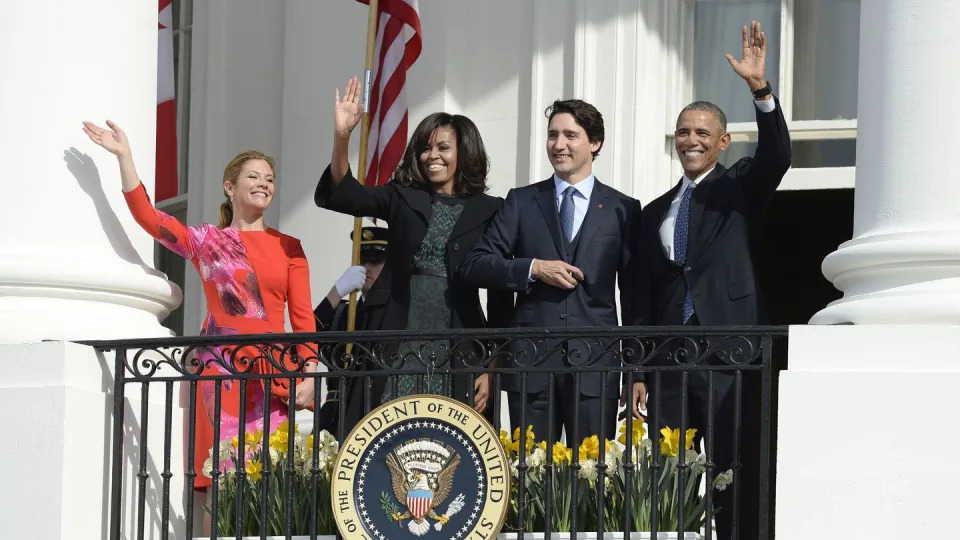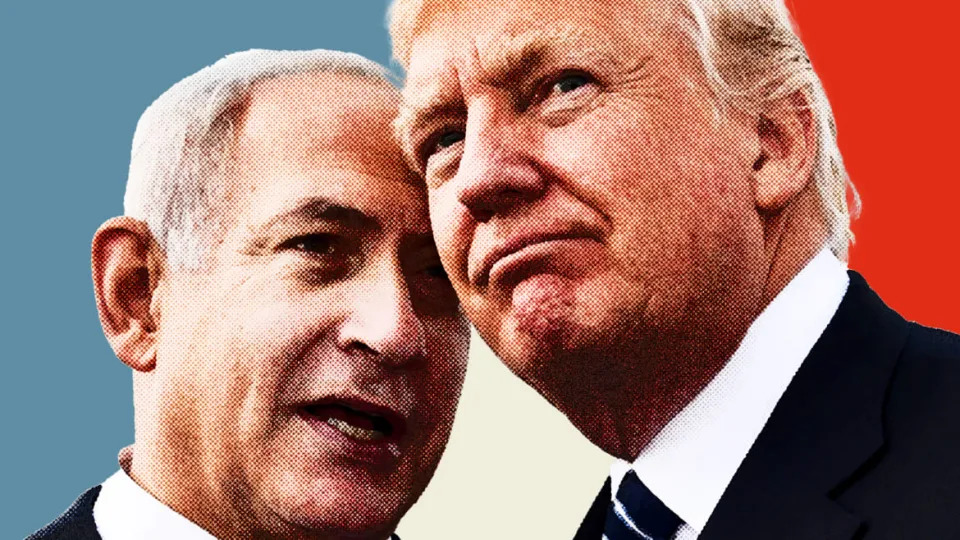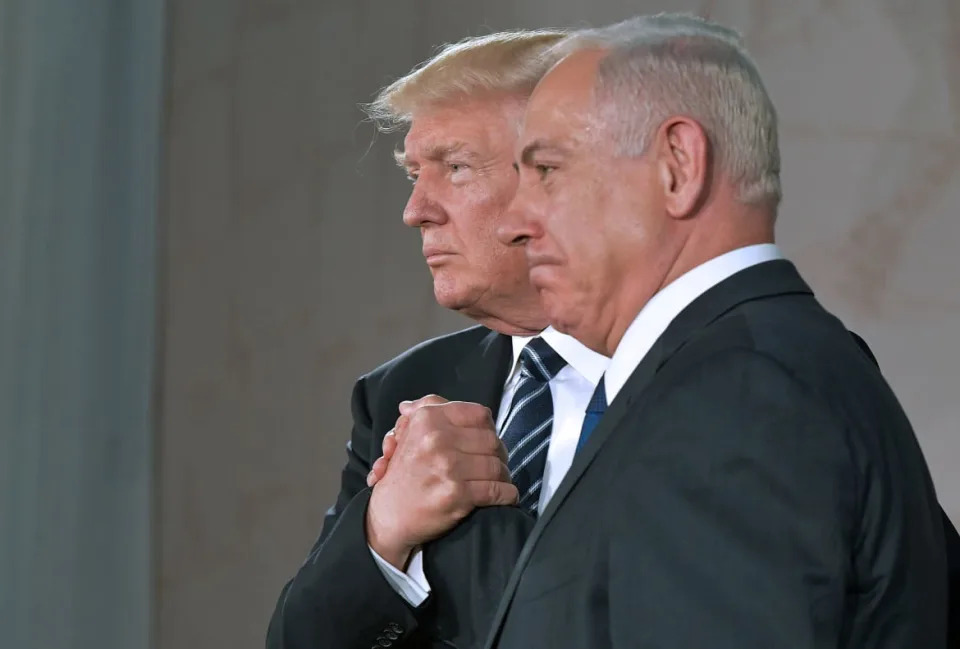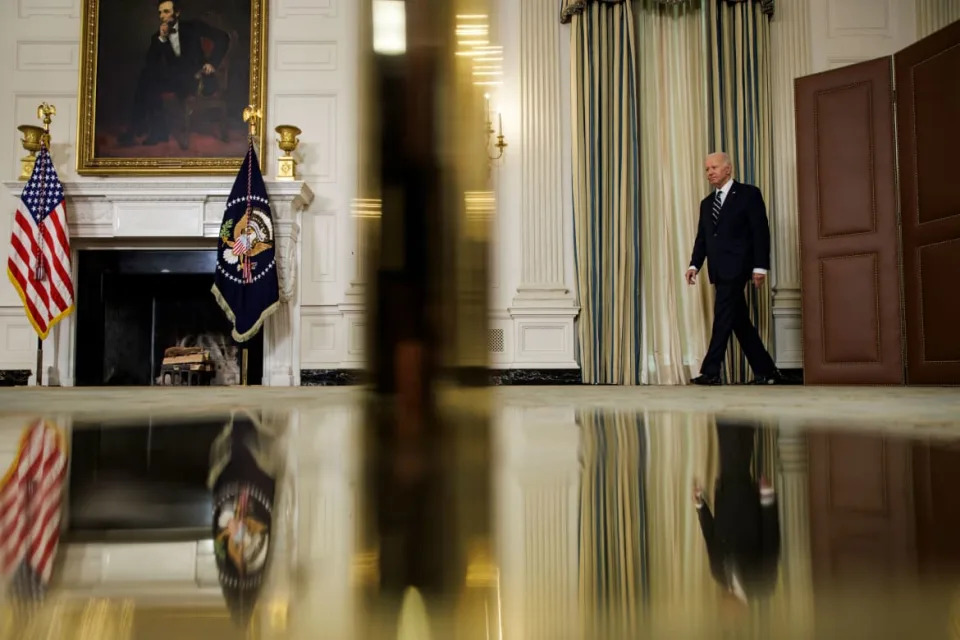SHE LEFT JUSTIN TO WRITE A SELF HELP AUTOBIGRAPHY, SERIOUSLY
Sophie Grégoire Trudeau
Tue, October 10, 2023

Sophie Grégoire Trudeau Is Stepping Into Her OwnCourtesy Penguin Random House Canada
In August, Canadian Prime Minister Justin Trudeau and Sophie Grégoire Trudeau announced their split after nearly two decades together. During their marriage, Trudeau credited his wife, who accompanied him on official government engagements all over the world, with helping him to be a better feminist, world leader, and dad. On the heels of the separation, Grégoire Trudeau is taking a step back from politics—but she has no plans to leave the public eye. Instead, she is focusing on her mental health advocacy, a new communications company, and the publication of her memoir. Below, an exclusive first excerpt of Grégoire Trudeau’s autobiography-meets-self-help-book Closer Together (Random House Canada, April 23, 2024), which reveals, in intimate detail for the first time, her struggles with an eating disorder, career as a television host, and rise to become de facto “first lady” of Canada.

Courtesy Penguin Random House Canada
Let’s start with a tiny confession. There’s this thing I do every time I find myself standing around somewhere: in a line at the supermarket when someone is taking forever to place their items on the conveyor belt at the checkout, or standing at a function, maybe, or waiting offstage before I’m announced to make a speech. I also noticed myself doing it while I was sitting at my desk for months writing this book (when I wasn’t occasionally doing jumping jacks to get the feeling back into my legs!). It’s subtle—if you looked at me, you wouldn’t even be able to tell, unless you were really observing closely, which I hope you were not! First, I root my feet deeper into the floor, which supports me. Then I try to find where my breath is in my body; I make it deeper and longer, and more spacious in my belly than in my chest. Next, I check if my shoulders are too close to my ears and release them. And last, whether I’m standing upright or sitting in front of the computer, comes the pelvic tilt, where I push my hips a tiny bit forward and bring my tailbone down toward the floor. All of a sudden, I feel more grounded, solid, and calm.
I’ve always been curious about how people inhabit their bodies. As a child, I could effortlessly pick up on facial expressions and cues, any quirks in posture or tone of voice or tics. Once back in the privacy of my bedroom, I would attempt to imitate their stances or movements (surprise, surprise—my kids pick up on the same stuff!). Ever since I studied yoga in my thirties, and became an occasional teacher, I have had a natural, loving desire to adjust the skeletal positioning of human bodies around me. If you’ve ever attended a yoga class and have given consent to hands-on adjustments, you’ll know what I mean. A beautiful assist while you are sitting on your mat: the teacher takes both hands to roll your shoulders back and then elongate your neck by softly lifting up your head. Sometimes that’s all it takes to feel more relaxed, to bring out a sigh of relief.
Did you maybe adjust your own body a tiny bit while reading this?

Grégoire Trudeau and Canadian Prime Minister Justin Trudeau watching election results their children in 2021.SEAN KILPATRICK - Getty Images
There’s no question that I am deeply interested in physical alignment, which can offer hints as to mood, health, disease, personality, and energy. The way we walk, sit, or stand can reflect habits, a former injury, and our own fitness level. But I’m also fundamentally and passionately curious about another type of alignment: our unique emotional alignment. In fact, that’s why I decided to write this book.
As a mental health, emotional literacy, and gender equality advocate for the past two decades, I’ve discovered more about human emotions than I ever thought I would. As much as we are thinking beings, we are feeling and sensing beings at our core. Whether we feel happy and hopeful or angry and fearful, we engage not only in a physical or facial expression but also in an emotional posture. Are we truly aware of this process and of how we hold ourselves from the inside? Do we observe, strengthen, and stretch the parts of ourselves, and our minds, that need it the most?

President Barack Obama and First Lady Michelle Obama with Canadian Prime Minister Justin Trudeau and Sophie Grégoire-Trudeau at the White House in 2016. Pool - Getty Images
Tell me: If you were to take a snapshot of your mental landscape, what would it look like? Whatever lights and shadows you can discern, whatever moods, emotions, and images, know that they are all part of you. Much of what you’ve seen or felt was wired into what we call your “primitive brain” during childhood, through your relationship with your parent or caretaker. You carried this hard-wiring through your childhood and into your teenage years (whether rebellious or not), and through the emotional discoveries you made as you grew into your adult life. We tend to convince ourselves that we are unique—so very different from everyone else around us. But the truth of the matter is that the structure of our brains hasn’t changed in more than two hundred thousand years. Where we differ is in our programming, which is dependent on the care we received, the relationships we foster, and the experiences we live through. As therapist and author Vienna Pharaon explains in The Origins of You, “understanding your origin wound and the long-standing patterns it leads to will go a long way to addressing conflicts and behaviours that trouble you today.” If you’re doubting that your childhood experiences affect how you come into relationship with others and yourself, then, just like me, you’ll be surprised by what you’ll learn in this book.
Twenty years ago, when I was a young radio and television host in Quebec—a newcomer in my field—I decided to speak out about my struggles with an eating disorder. It wasn’t an easy decision. I was hesitant to show my vulnerability publicly and wondered if I would ever be hired again. No one spoke much about mental health back then, and especially not about eating disorders. But deep down, I felt like it was the right thing to do. I faced my fear and went ahead with it—and it became a turning point that has given my life direction.

Sophie Grégoire Trudeau, Canadian Prime Minister Justin Trudeau, and their children pose for a photo with the future King Charles and Queen Camilla in Canada in 2017. Chris Jackson - Getty Images
Suffering is part of life. We don’t need to avoid or transcend it. Rather, we must develop wisdom, self-reliance, and resilience through and with our pain. In our search for happiness, we must uncover its roots, as we carry them with us into our mental state and, therefore, into whatever we do and whomever we come into relationship with. Yale psychology professor Laurie R. Santos, who has studied the science of happiness, found that many of us are working at and doing things that actually put a damper on our level of happy. “Natural selection isn’t into us being happy,” she said in a Time magazine interview, in which she discussed her own experience with burnout during the pandemic years. “It would prefer we drove ourselves into the ground trying to survive, reproduce, and get the most resources. It’s not in it for joy.”
Think about that for a minute: on a purely neurological level, our brains don’t care if we’re happy. We need to make that happen, and running ourselves ragged as we chase good grades, status, titles, eternal youth, and bliss isn’t going to do it.
It actually takes courage and work to be happy. We must learn to live with integrity and coherence, staying true to our values and expressing our authentic self. In this way, we can take control over ourselves and our lives. As Dr. Santos says: “Getting out of our own way is the first step to happiness!”
I’m still learning how to get out of my own way. Discovering more about the intricacies of my inner wiring and emotional posture, my childhood, the defense mechanisms I’ve developed, my ongoing longing for safety, and so much more, has allowed me to better understand why I suffered from an eating disorder, how I could heal from it, and how to live with and accept the suffering that had led to it. And along the way, I’m transforming my life—and my brain—with every step.
Excerpted from Closer Together by Sophie Grégoire Trudeau. Copyright © 2023 Sophie Grégoire Trudeau. Published by Random House Canada, a division of Penguin Random House Canada Limited. Reproduced by arrangement with the Publisher. All rights reserved.






